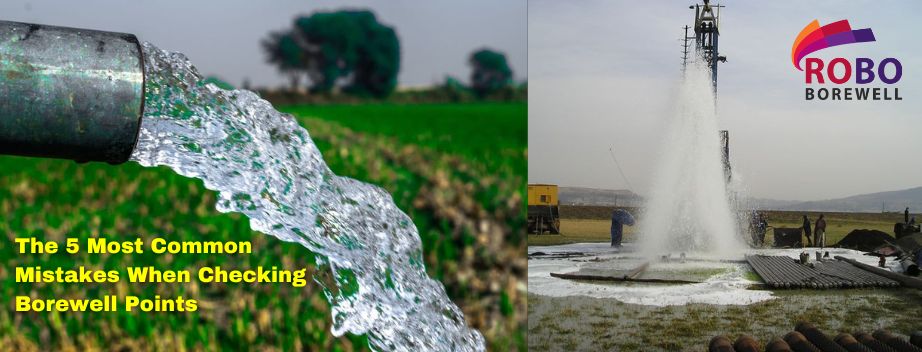
Borewell locations are essential for gaining access to groundwater, particularly in areas with little surface water. The effectiveness and efficiency of borewell drilling can be greatly impacted by the process of choosing and verifying these sites. But during this crucial stage, a lot of people make blunders that result in subpar results and more expenses. We'll look at the top five mistakes people make when inspecting borewell points in this blog post, along with advice on how to avoid them.
1. Lack of Proper Research on Borewell Point Location
One of the biggest errors individuals make is to examine borewell points without first doing extensive study. Selecting an appropriate site is essential to guaranteeing the effectiveness of borewell drilling. Many people choose a borewell point that is not optimal for extracting water because they rely on speculation or recommendations from friends or neighbors.
Tips to Avoid This Mistake:
Consult with a Geologist: If you’re searching for a geologist borewell point near me, it’s essential to consult a professional. They can help identify the best locations based on geological surveys and water table levels.
Use Technology: Modern technology such as Geographic Information Systems (GIS) can help in mapping the groundwater resources in your area. This data can be invaluable in selecting a borewell point.
Check Local Regulations: Different regions may have specific regulations regarding borewell drilling. Researching these can save you time and effort in the long run.
2. Ignoring the Need for Professional Assessment
Rather than consulting an expert, a lot of people try to examine borewell points on their own using only their intuition. Although do-it-yourself techniques can save money, they frequently result in incorrect assessments of a borewell's viability.
Tips to Avoid This Mistake:
Hire Experienced Professionals: Engaging a borewell water point checking service can ensure a more accurate assessment. Professionals use specialized equipment to evaluate the ground and determine the best borewell point.
Ask for References: When looking for a borewell point checking service, ask for references or check online reviews. A reputable service will have positive feedback from previous clients.
Conduct Preliminary Tests: Some companies offer preliminary testing of the soil and water table levels. These tests can provide critical information before you commit to a borewell location.
3. Neglecting Environmental Factors
Ignoring environmental factors is a common oversight when checking borewell points. Factors such as land use, nearby structures, and vegetation can significantly affect groundwater availability and quality.
Tips to Avoid This Mistake:
Consider Nearby Water Sources: Be aware of any existing borewells or water bodies nearby. If there are too many borewells in one area, the competition for water may lower the yield from your borewell.
Understand Soil Types: Different soil types hold water differently. Sandy soils drain quickly, while clayey soils retain water. A professional can provide insights into the soil composition at potential borewell points.
Evaluate Seasonal Changes: Water levels can fluctuate based on the season. Research local rainfall patterns and how they affect groundwater levels in your chosen area.
4. Failing to Check Borewell Depth Requirements
Many individuals overlook the importance of borewell depth requirements when selecting a point. The depth at which water can be accessed varies significantly based on geographic location and soil type.
Tips to Avoid This Mistake:
Determine Local Water Table Levels: Understanding the average depth of the water table in your area is crucial. A geologist can provide this information during the borewell point checking near me process.
Plan for Seasonal Changes: Keep in mind that water table levels can vary seasonally. It’s advisable to check borewell points during different times of the year to get an accurate assessment.
Consider Future Needs: Think about your future water needs. If you anticipate needing more water, it may be worth drilling deeper, even if it’s initially more costly.
5. Skipping the Post-Assessment Process
After identifying and checking a borewell point, many individuals make the mistake of skipping the post-assessment process. This can lead to unanticipated problems once the borewell is drilled.
Tips to Avoid This Mistake:
After the borewell is drilled, it is crucial to carry out a follow-up examination in order to ascertain the quality and quantity of water that is accessible.
Test the Water Quality: In order to be sure that the water is safe to use and drink, it is essential to test the water quality. Ignoring this step can lead to health difficulties in the future.
Put Maintenance Plans into Practice: You can avoid future problems with your borewell by putting up a maintenance plan. Frequent inspections can help you identify issues early and make sure the borewell keeps working.
Conclusion
A crucial phase in the borewell drilling process is checking the borewell points, and you can save time, money, and effort by avoiding frequent mistakes. Finding a geologist near you or doing your own inspections depend on making sure you choose experts, do in-depth research, and comprehend environmental factors.
Take the time to perform accurate borewell point checking if you intend to dig a borewell. You may guarantee a successful borewell drilling experience that will satisfy your water demands for many years to come by adhering to these recommendations and being aware of potential hazards.
FAQ’s
1. What is a point in a borewell?
A specific place where a borewell is drilled in order to obtain groundwater is known as a borewell point. To guarantee effective water extraction, it is selected based on geological studies and evaluations of the water table.
2. Where can I locate a local borewell point checking service?
By doing an internet search for "borewell point checking near me" or getting referrals from nearby geologists or contractors, you can locate a borewell point checking service. Selecting a trustworthy service can also be aided by reading online reviews and recommendations.
3. What elements are to be taken into account when examining borewell points?
The makeup of the soil, the local water table, the proximity of water sources, the surrounding environment, and anticipated future water needs are all significant factors. Speaking with a geologist can yield insightful information.
4. How far down should my borewell be drilled?
The soil type and local water table level determine how deep a borewell must be drilled. To find the right depth for efficiently obtaining groundwater, a comprehensive assessment is necessary.
5. Is evaluating the quality of the water required after drilling a borewell?
Indeed, checking the water quality is essential to guaranteeing that it is safe to use and drink. It evaluates the general quality of the water from the borewell and assists in locating any pollutants.


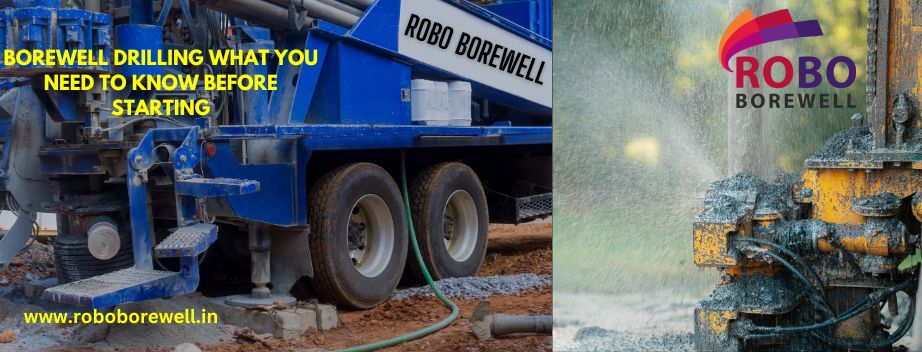



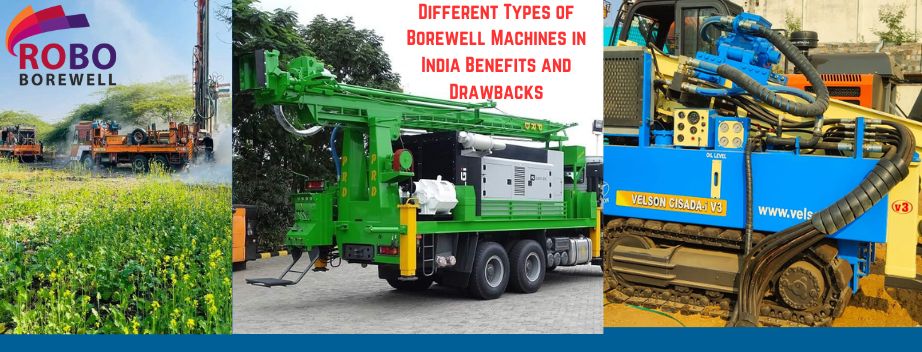
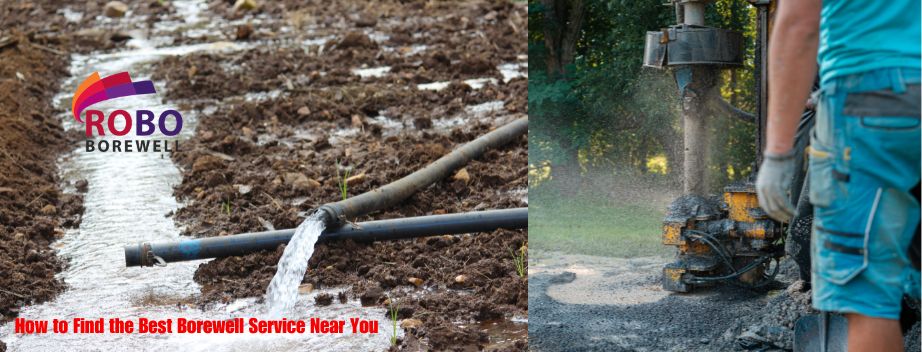
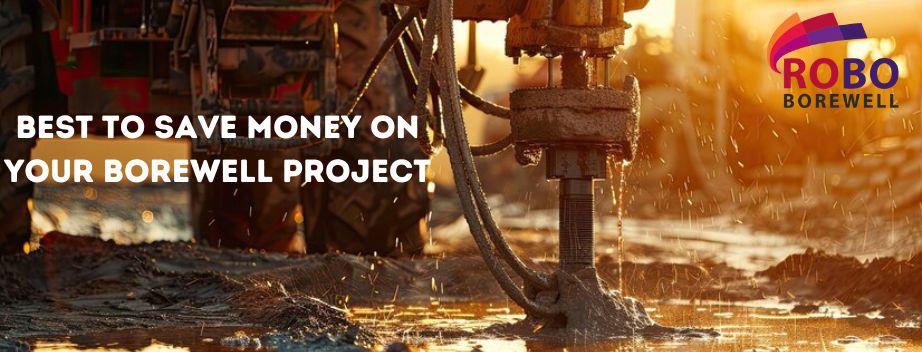
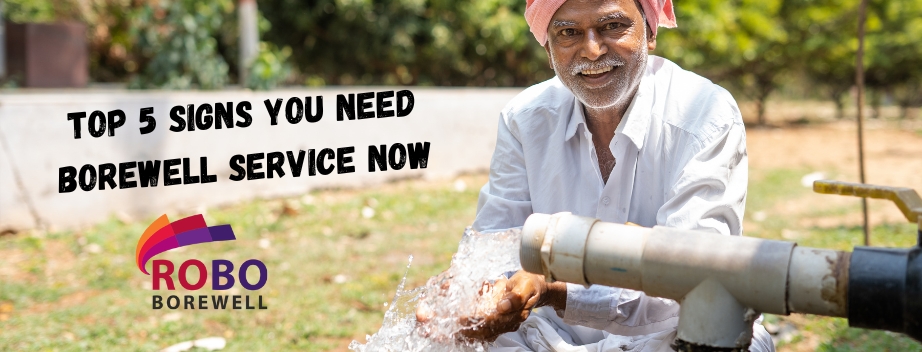
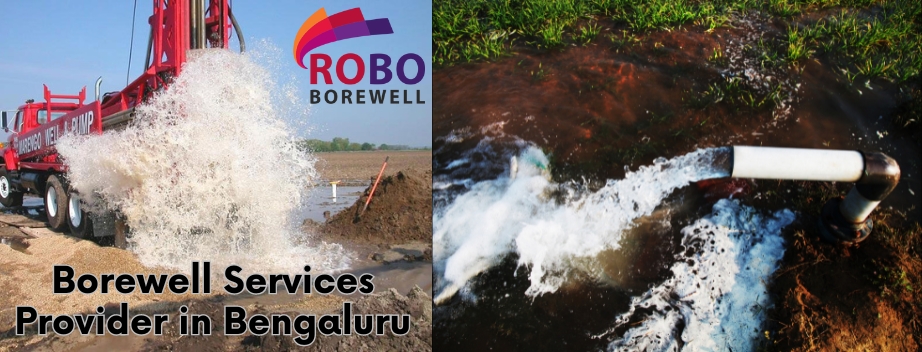
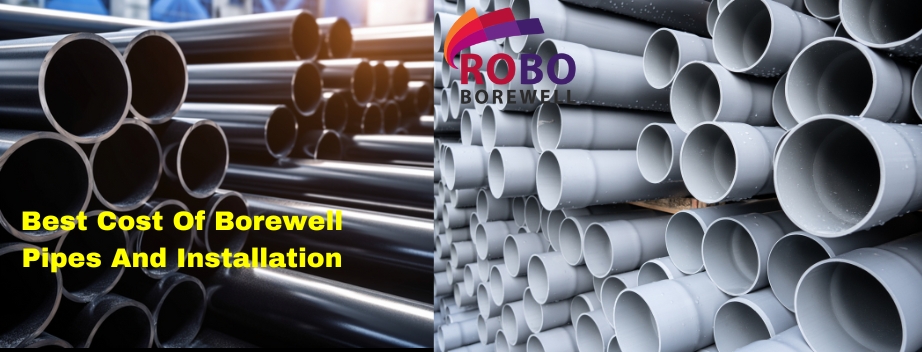
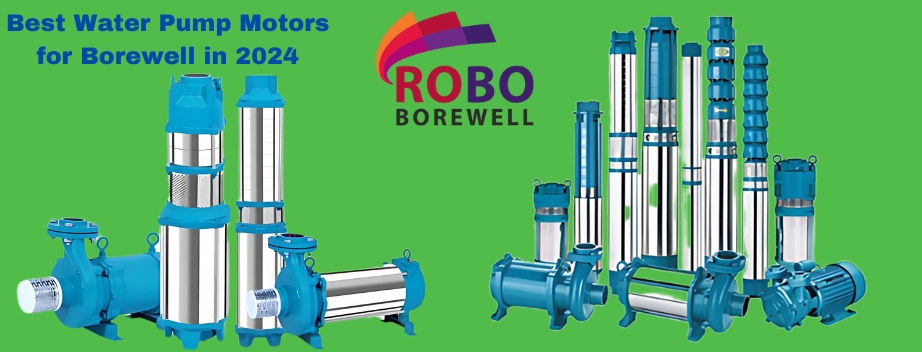
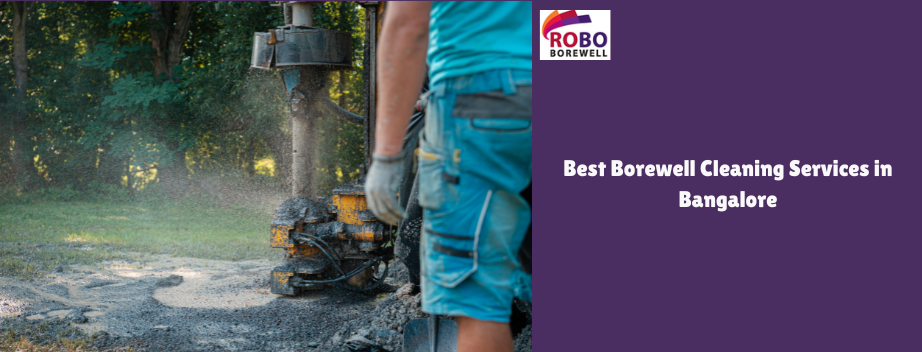


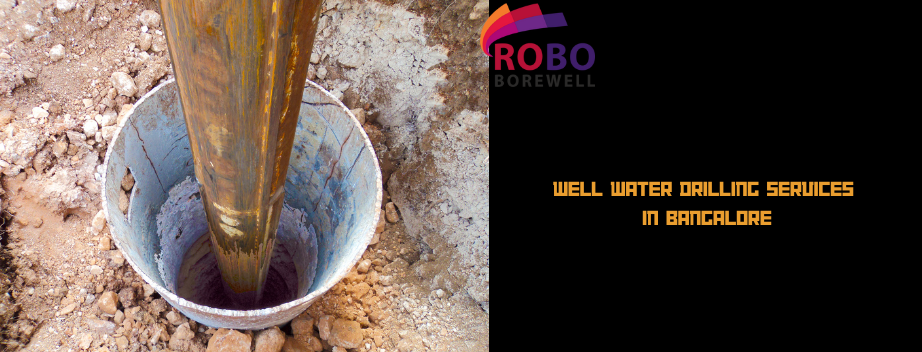
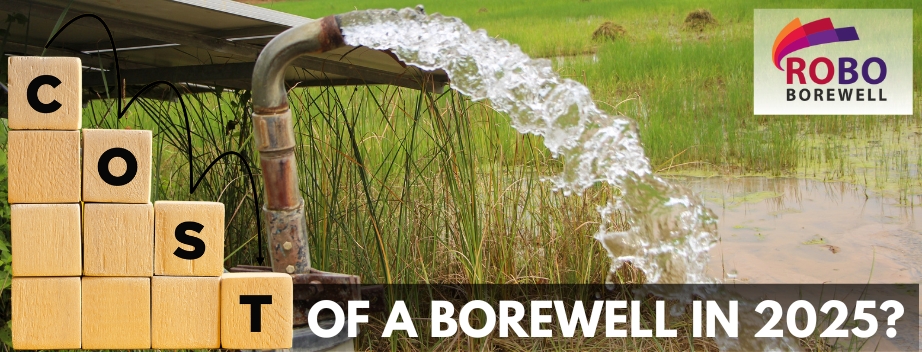



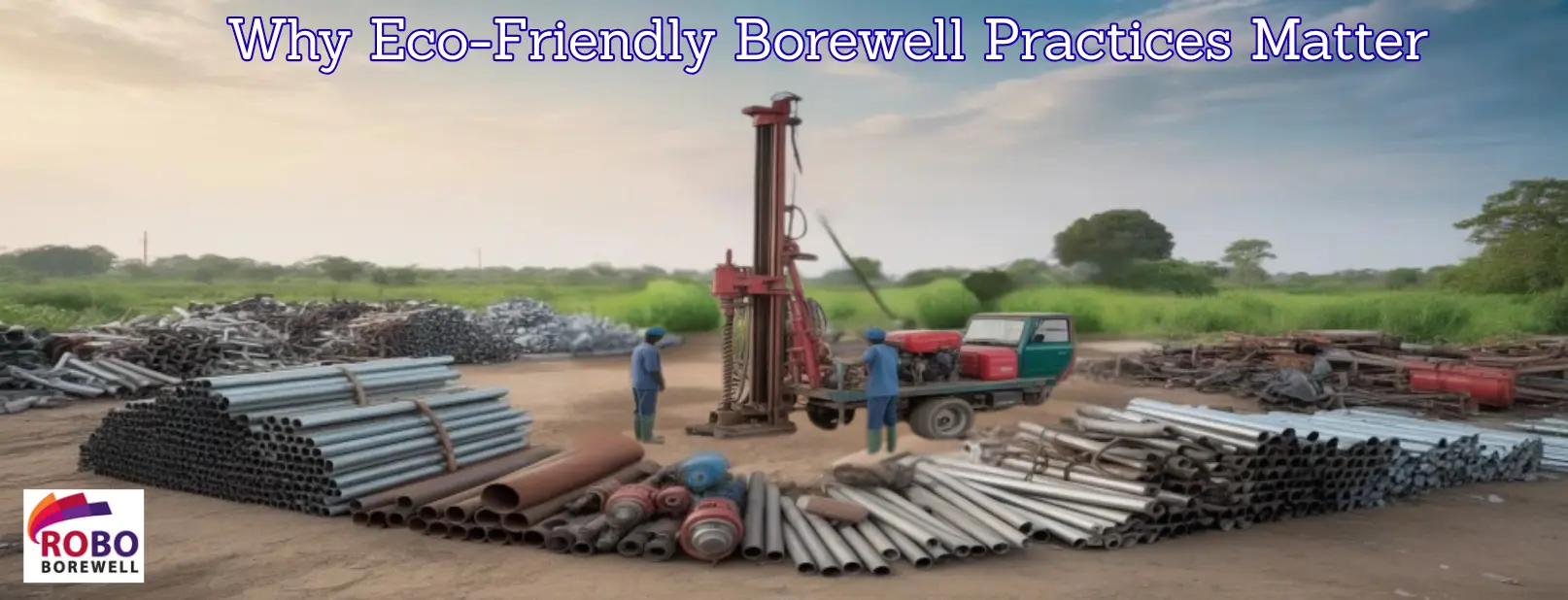
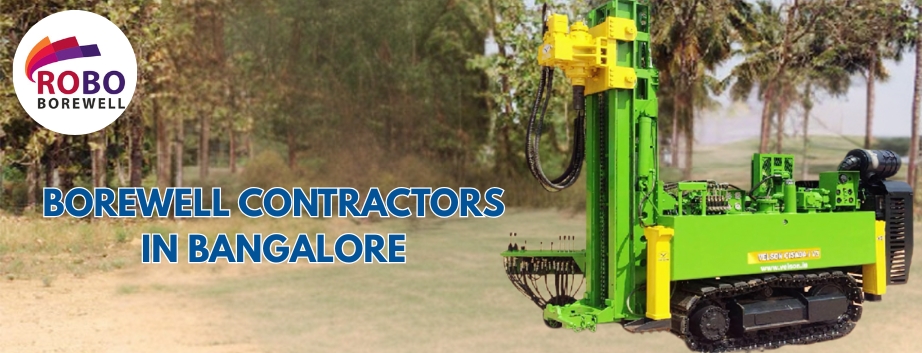
Add a comment